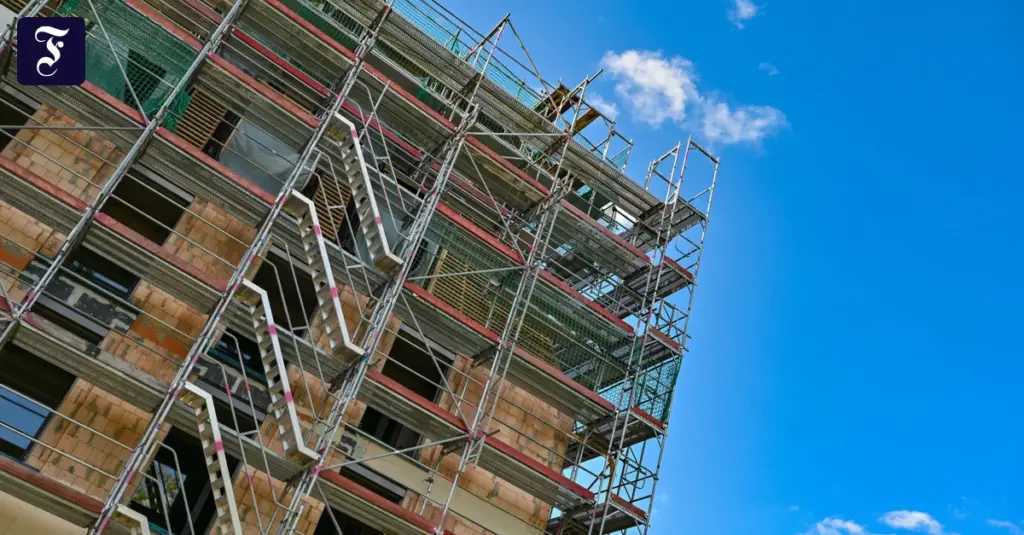
First, with an encouraging message: In September, the construction of 24,400 apartments in Germany was approved. This number is almost 60 percent higher than the previous year. Federal Construction Minister Verena Hubertz (SPD) immediately said that “things are finally improving”.
But the downside to this figure is that in September last year, the Federal Statistical Office recorded the lowest monthly value since January 2012. Additionally, approval does not mean that construction will take place or that a move will take place in the near future. The level of housing construction remains low.
Therefore, there is a shortage of living space, especially in urban areas. Real estate prices are rising in many places due to low supply, and so are rental prices. Owners and landlords tend to favor these increases, but apartment hunters less so. Some companies are building corporate housing again to attract skilled workers and trainees to big cities.
The main question regarding housing is whether more living space will be created in popular districts and surrounding areas. Hubertz and the federal government are working to reduce requirements in building codes.
But even with turbo construction, the opportunities they use to pave the way for housing development still depend on cities and municipalities. In one municipality, governance is slow, in another, residents want to preserve open space, and in the next, environmentalists complain about new buildings.
The real estate industry, like many other sectors of the economy, is overdue for deregulation. As specifications increase, construction costs also increase. It is cheaper to build housing without a basement, without parking and with serial prefabrication.
Addition and compaction usually work faster than developing new areas. How successful this is depends on all parties involved, including the construction company, architect and project developer. Building permits have increased so far, but this alone is not enough to make affordable housing a reality.





